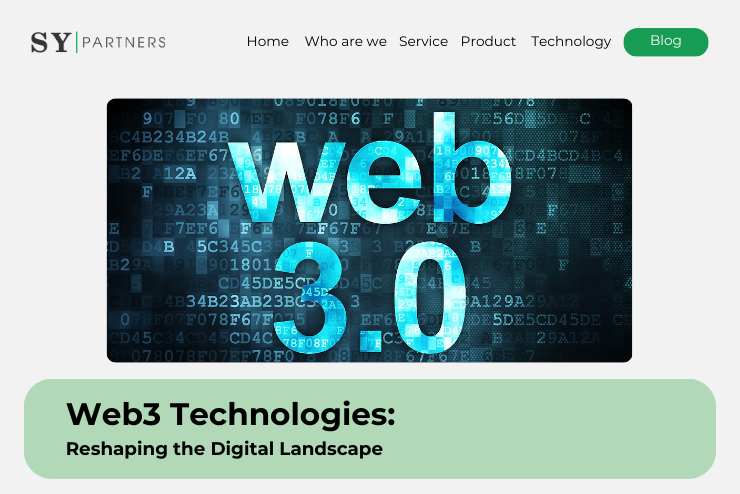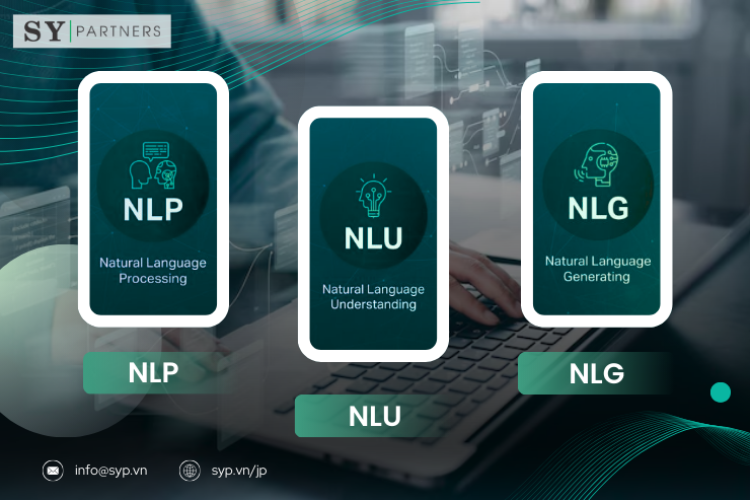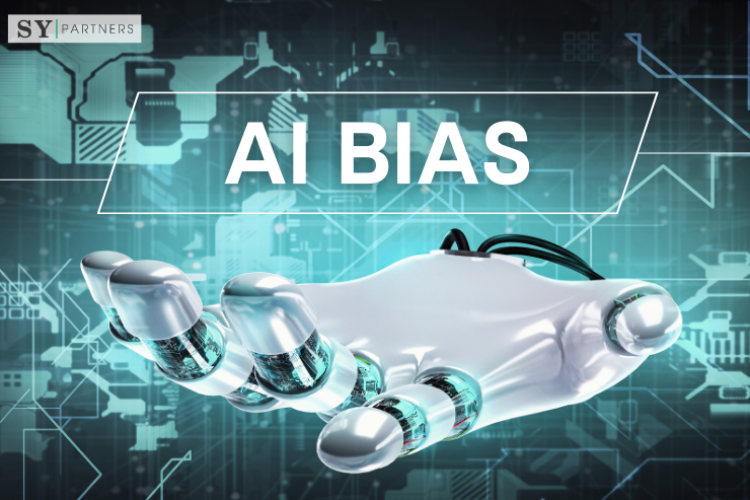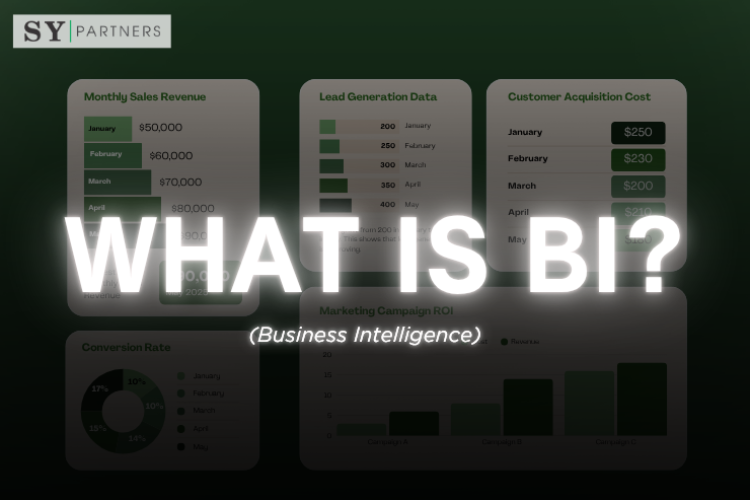The Next Frontier: Web3 Technologies Reshaping the Digital Landscape
In the ever-evolving landscape of blockchain and cryptocurrency, Web3 technologies are poised to make a lasting impact on the digital ecosystem in the first and second quarters of 2024.
These advancements encompass a range of innovations, from decentralized finance (DeFi) and non-fungible tokens (NFTs) to privacy-preserving solutions and the tokenization of physical assets. Let's delve deeper into the transformative potential of these Web3 technologies.
1. Decentralized Finance (DeFi) 2.0
DeFi 2.0 builds upon the success of its predecessor by further revolutionizing traditional finance. With enhanced security measures, improved interoperability between different DeFi platforms, and the introduction of advanced financial instruments, DeFi 2.0 aims to provide users with more secure and seamless financial experiences. This evolution promises to reshape the way we transact, invest, and access financial services.
2. Non-Fungible Tokens (NFTs) on Layer 2 Solutions
NFTs have captured the imagination of the art and gaming worlds, and in 2024, we can expect a shift towards Layer 2 solutions for NFTs. This transition addresses the environmental concerns associated with the high energy consumption of certain blockchain networks, making NFTs more sustainable while preserving their unique and scarce qualities. Layer 2 solutions will enhance the scalability and accessibility of NFTs, opening new avenues for artists, collectors, and enthusiasts.
3. Decentralized Autonomous Organizations (DAOs) with Liquid Democracy
DAOs are evolving with the integration of Liquid Democracy, a system that combines direct and representative democracy. By allowing participants to vote directly on issues or delegate their voting power to trusted individuals, Liquid Democracy enhances the efficiency and inclusivity of decision-making within DAOs. This democratic approach empowers stakeholders and fosters more transparent and accountable governance structures.
4. Web3 Identity Standards
As concerns over digital identity grow, Web3 technologies are placing a strong emphasis on developing robust identity standards. Self-sovereign identity solutions, built on decentralized identifiers (DIDs) and verifiable credentials, offer users control over their personal information. This shift reduces the risk of identity theft, enhances privacy, and enables individuals to manage their digital identities securely across various platforms and services.
5. Cross-Chain Interoperability
Interoperability between different blockchain networks is pivotal for the seamless flow of assets and data. In 2024, cross-chain solutions are becoming increasingly sophisticated, enabling secure asset transfers across multiple blockchains. This development fosters collaboration and integration among diverse blockchain ecosystems, unlocking new possibilities for cross-chain applications and decentralized finance.
6. Decentralized Storage Networks
Traditional cloud storage solutions face challenges, and Web3 technologies are introducing decentralized storage networks as viable alternatives. These networks leverage blockchain and encryption technologies to ensure data security, availability, and immutability. Users can contribute their unused storage space and be rewarded with cryptocurrency, creating a distributed and resilient storage infrastructure that prioritizes privacy and user control.
7. Oracles and Real-World Data Integration
Oracles play a vital role in bridging smart contracts with real-world data. Advancements in oracle technology in 2024 will improve the accuracy and reliability of external data feeds, expanding the use cases of smart contracts across various domains. Industries such as insurance, supply chain management, and prediction markets will benefit from the integration of reliable real-world data into blockchain-based applications.
8. Privacy-Preserving Technologies
Privacy has become a paramount concern in the digital age, and Web3 technologies are rising to the challenge with privacy-preserving solutions. Innovations such as zero-knowledge proofs, homomorphic encryption, and privacy-focused blockchains offer users the ability to transact and interact online without compromising their sensitive information. These technologies empower individuals to protect their privacy while participating in the digital economy.
9. Tokenization of Physical Assets
The tokenization of physical assets is gaining momentum, enabling fractional ownership and trade of real-world assets such as real estate, art, and commodities. This democratization of asset ownership creates new investment opportunities and enhances liquidity in traditionally illiquid markets. Tokenization platforms unlock accessibility, diversification, and efficiency, bridging the gap between traditional and digital assets.
Conclusion
In the first and second quarters of 2024, Web3 technologies are poised to transform the digital ecosystem. From DeFi 2.0 and Layer 2 NFT solutions to DAOs with Liquid Democracy and privacy-focused innovations, these advancements will shape the future of finance, identity management, data integration, and asset ownership. As we embrace these transformative technologies, we move closer to a more secure, inclusive, and decentralized digital world.


 EN
EN JP
JP KR
KR





